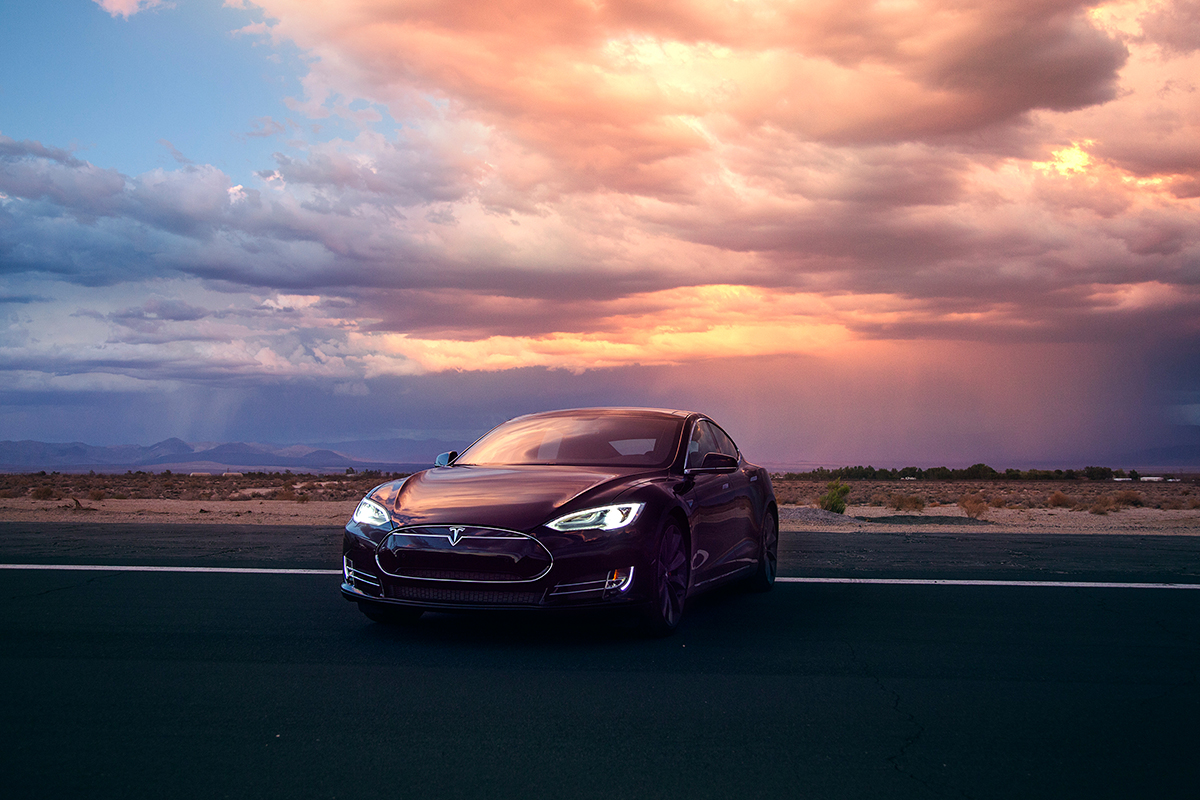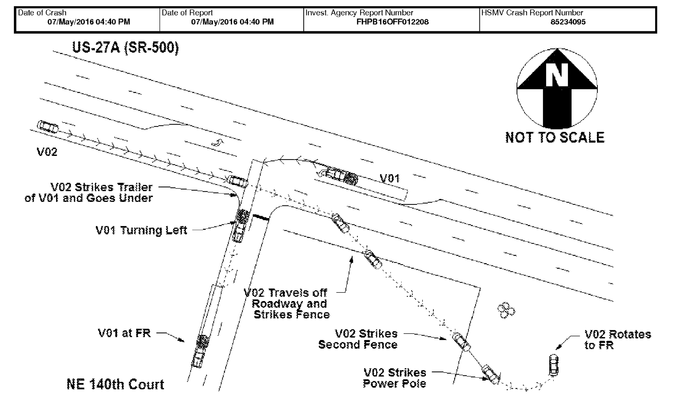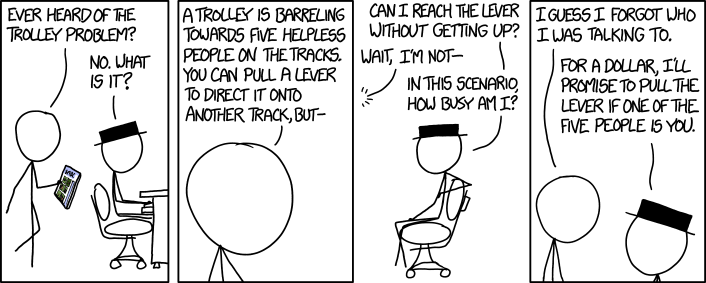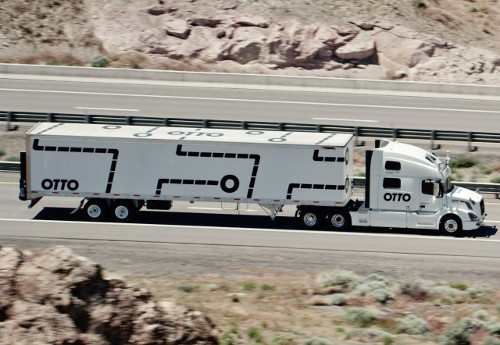Don't throw away your vote on a major party -- vote 3rd party and mean something
Submitted by brad on Sun, 2016-08-07 13:11It's common for people to write that those who vote for a minor party in an election are "throwing away" their vote. Here's a recent article by my friend Clay Shirky declaring there's no such thing as a protest vote and many of the cases are correct, but the core thesis is wrong. Instead, I will argue that outside the swing states, you are throwing away your vote if you vote for a major party candidate.
To be clear, if you are in one of the crucial swing states where the race is close -- and trust me, you know that from the billions of dollars of ad spend in your state, as well as from reading polls -- then you should vote for the least evil of the two party candidates as you judge it. And even in most of the country, (non-swing) you should continue to vote for those if you truly support them. But in a non-swing state, in this election in particular, you have an additional option and an additional power.
 Consider here in California, which is very solidly for Clinton. Nate Silver rates it as 99.9% (or higher) to go for Clinton. A vote for Clinton or Trump here is wasted. It adds a miniscule proportion to their totals. Clinton will fetch around 8 million votes. You can do the un-noticed thing of making it 8 million and 1, and you'll bump her federally by an even tinier fraction. Your vote can make no difference to the result (you already know that) and nor will it be noticed in the totals. You're throwing it away, getting an insignificant benefit for its use.
Consider here in California, which is very solidly for Clinton. Nate Silver rates it as 99.9% (or higher) to go for Clinton. A vote for Clinton or Trump here is wasted. It adds a miniscule proportion to their totals. Clinton will fetch around 8 million votes. You can do the un-noticed thing of making it 8 million and 1, and you'll bump her federally by an even tinier fraction. Your vote can make no difference to the result (you already know that) and nor will it be noticed in the totals. You're throwing it away, getting an insignificant benefit for its use.
Of course, the 3rd party candidates had no chance of winning California, or the USA. And while they like to talk a pretend bluster about that, they know that. You know that. Their voters know that. 3rd party voters aren't voting to help their candidate win, any more than Trump voters imagine their vote could help him win California, or Clinton voters imagine they could affect her assured victory.
Third party voters, however, will express their support for other idea in the final vote totals. If Jill Stein gets 50,000 votes in California, making it 50,001 doesn't make a huge difference, but it makes 160 times as much difference to her total than a Clinton vote does, or 100x what a Trump vote does. Gary Johnson is doing so well this year (polling about 8% of national popular vote) that his voters won't do quite as much to his total, but still many times more improvement than the major party votes. Clay argues that "nobody is receiving" the message of your vote for a third party, but the truth is, your vote for Clinton in California or Trump in Texas is a message that has even less chance of being received.
A big difference this year is that the press are paying attention to the minor parties. This year, you will see much more press on Johnson's and Stein's totals. It is true that in other years, the TV networks would often ignore those parties. In some case, TV network software is programmed to report only the top two results, and to make the percentages displayed add up to 100%. This is wrong of the networks, but I suspect there is less chance of it happening. Johnson will probably appear in those totals. Web sites and newspapers have generally reported the proper totals.

Does anybody look at these totals for minor candidates? Some don't, but the big constituency for them is others interested in minor parties. People want a tribe. Many people don't want to support something unless they see they are not alone, that others are supporting it. Johnson and Stein's poll numbers are already galvanizing many more votes for them.
This is how third parties arise, and it happens a lot outside the USA. In the USA it has't happened since the Republicans arose in the 1850s, tied to the collapse of the Whigs. Prior to that multiple parties were more common. Of course, there have been several runs at new parties (Perot/Reform, Dixiecrat and American Independent) which did not succeed. But if everybody refuses to actually vote for the 3rd parties they support because it is viewed as a waste, of course no 3rd parties will ever arise. Having a slim chance at that is one of the things to drive 3rd party voters, because that slim chance still means making a bigger difference than a meaningless extra vote for a major party.
This is how most political change happens. Because people see they are not alone. That's how small marches and protests grow into bigger ones until leaders are toppled. It's how small movements within big parties, and whole 3rd parties rise.




 But it is a contest, and while it looks like
But it is a contest, and while it looks like  The same is true for trucks, but both trucks and buses have huge power needs which presents problems for having them be electric. Electric's biggest problem here is the long recharge time, which puts your valuable asset out of service. For trucks, the big win of having a robotruck is that it can drive 24 hours/day, you don't want to take that away by making it electric. This means you want to look into things like battery swap, or perhaps more simply tractor swap. In that case, a truck would pull in to a charging station and disconnect from its trailer, and another tractor that just recharged would grab on and keep it going.
The same is true for trucks, but both trucks and buses have huge power needs which presents problems for having them be electric. Electric's biggest problem here is the long recharge time, which puts your valuable asset out of service. For trucks, the big win of having a robotruck is that it can drive 24 hours/day, you don't want to take that away by making it electric. This means you want to look into things like battery swap, or perhaps more simply tractor swap. In that case, a truck would pull in to a charging station and disconnect from its trailer, and another tractor that just recharged would grab on and keep it going.
 Most importantly, it is far from complete. There is tons of stuff it's not able to handle. Some of those things it can't do are known, some are unknown. Because of this, it is designed to only work under constant supervision by a driver. Tesla drivers get this explained in detail in their manual and when they turn on the autopilot.
Most importantly, it is far from complete. There is tons of stuff it's not able to handle. Some of those things it can't do are known, some are unknown. Because of this, it is designed to only work under constant supervision by a driver. Tesla drivers get this explained in detail in their manual and when they turn on the autopilot.
 What does it look like?
What does it look like?



